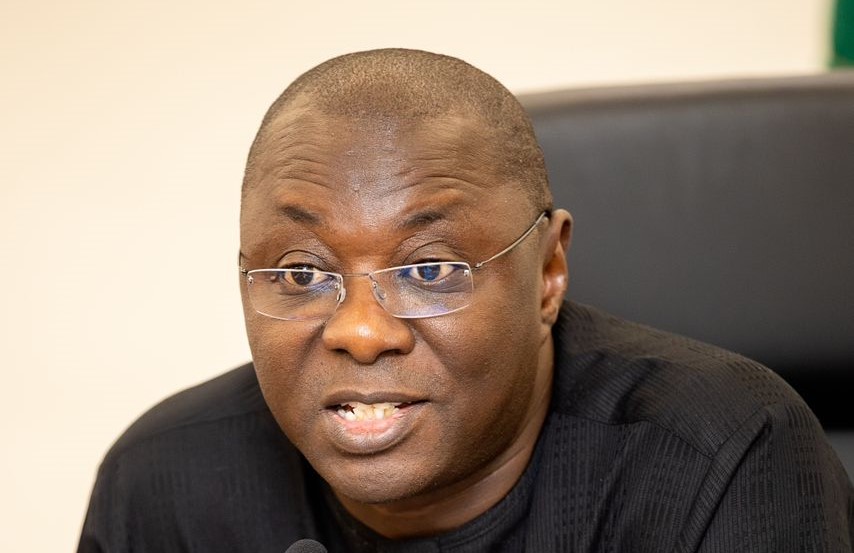Ghana’s finance minister Mohammed Amin Adam has pledged to ensure fiscal discipline in the government to achieve the fiscal targets in the budget for 2024 and meet the targets within the economic reform programme.
Adam made this pledge during his first official media interaction as finance minister that he would personally ensure that government expenditure does not deviate from targets.
“I have said openly and publicly that I will hold the line, and I will hold the line when it comes to expenditure. And I say this because I have the support of the president and I have the support of colleague ministers,” the minister stated.
Adam added,” We will spend within the budget. We will not do extra budgetary spending. Expenditure control measures that we have put in place are going to be followed so that we do not deviate from the fiscal balances we target to achieve under the 2024 budget.”
He said when governments call on citizens to sacrifice by paying their taxes, it behoves the governments to also hold the line on expenditure and not spend beyond their means.
Adam said that although 2024 is an election year, there will not be expenditure overruns as in past election years because the government is committed to keeping expenditures within budget.
To achieve that, he said the government would also ensure that it meets or exceeds its revenue targets with the new measures to expand the tax base and ensure that all eligible taxpayers meet their tax obligations.

The government seeks to spend 170.1 billion Ghana cedis which is 16.2 percent of GDP in 2024, with a deficit target of 4.5 percent.
Ghana’s public debt reached 52,4 billion U.S. dollars at the end of December, according to the latest data released by the Bank of Ghana.
This amount translates into 610 billion Ghana cedis based on the central bank’s official prevailing exchange rate for December, and the debt level is 72.5 percent of the gross domestic product.
Fiscal deficits and ballooning public debts have been at the core of Ghana’s economic crisis, which started in 2021.
The government has pledged under the International Monetary Fund’s three-year Extended Credit Facility-backed reforms to ensure fiscal discipline through aggressive revenue mobilization and expenditure control measures.

